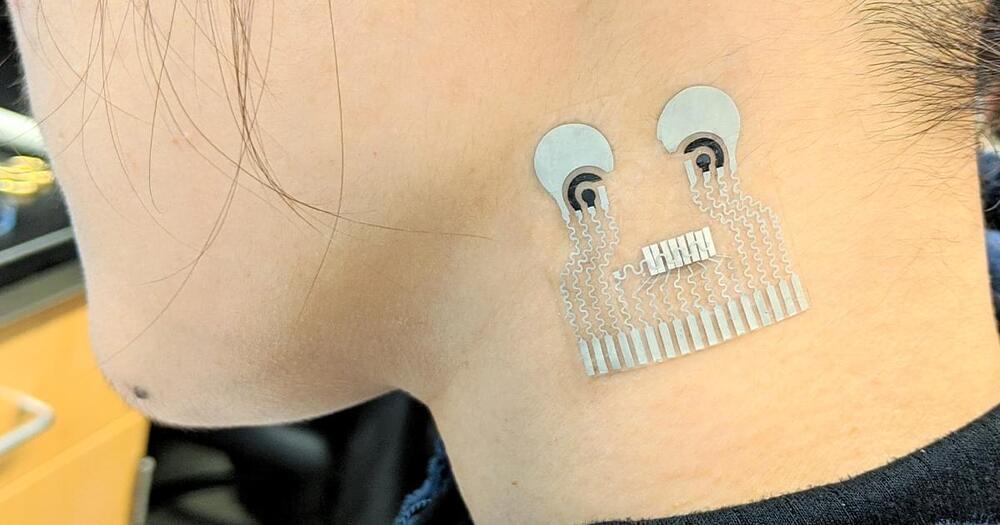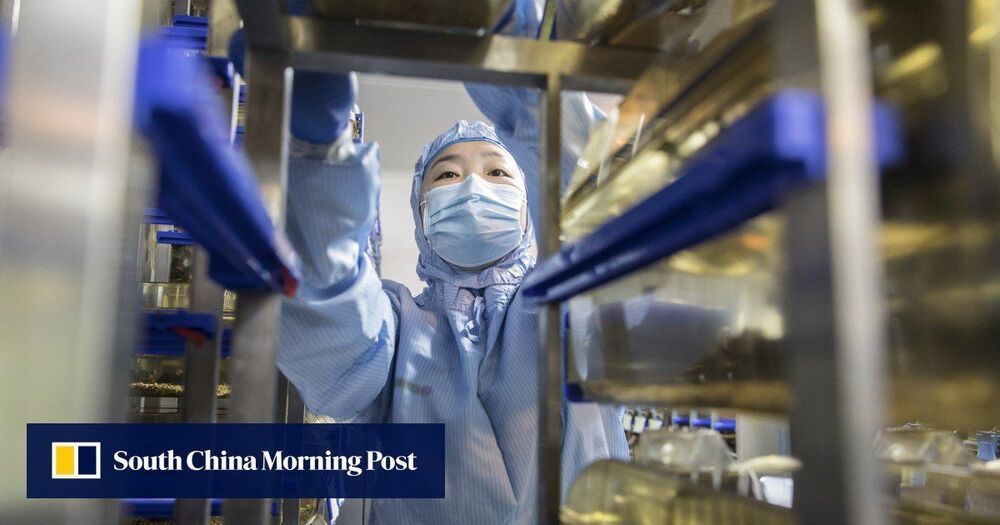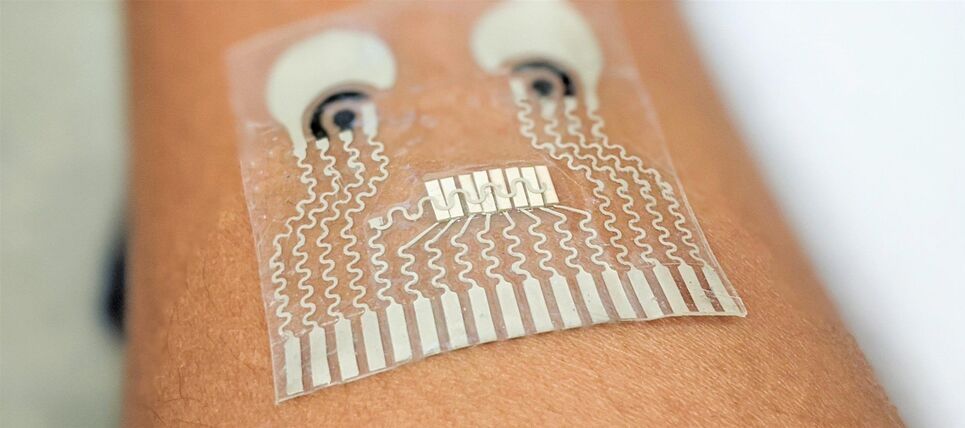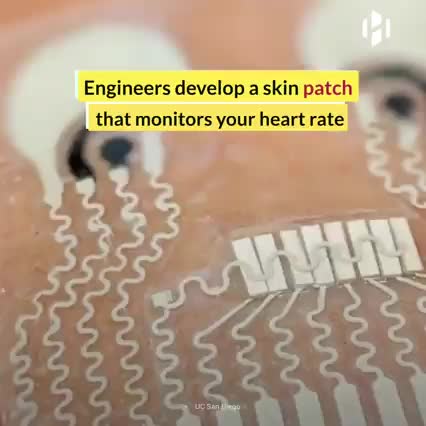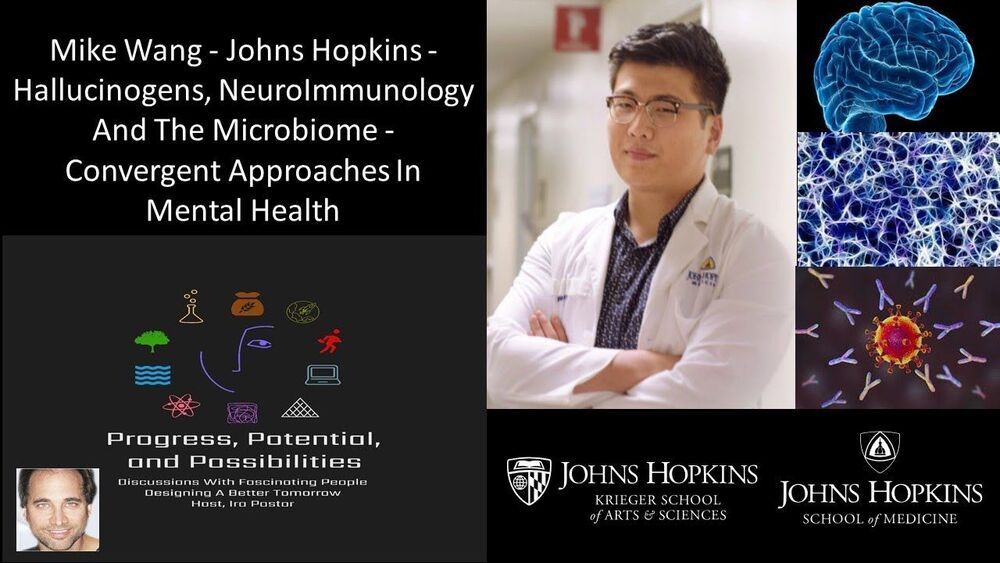Mar 7, 2021
Stamp-Sized Patch Can Check Your Sugar, Caffeine, Alcohol, and Blood Pressure Levels
Posted by Shane Hinshaw in categories: biotech/medical, chemistry, health, wearables
Researchers at the University of California San Diego (UCSD) have developed a wearable health monitor that may bring us one step closer to the dream of Star Trek’s famous tricorder.
The monitor, a stretchy skin patch, can do it all: measuring blood pressure and heart rate, your glucose levels, as well as one of alcohol, caffeine, or lactate levels.
According to UCSD’s press release, the patch is the first device to demonstrate measuring multiple biochemical and cardiovascular signals at the same time.
